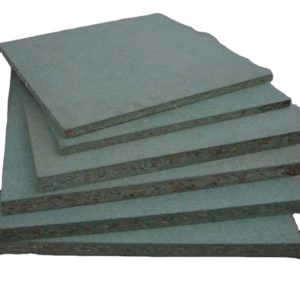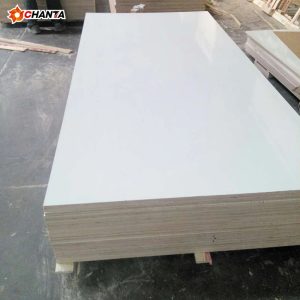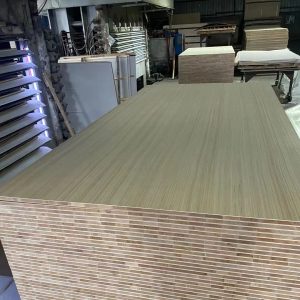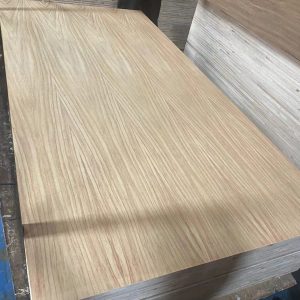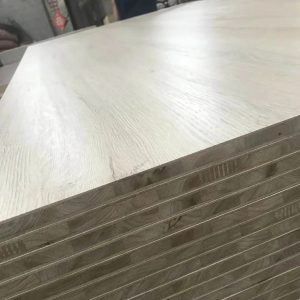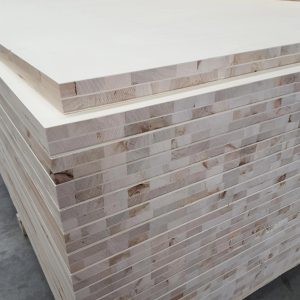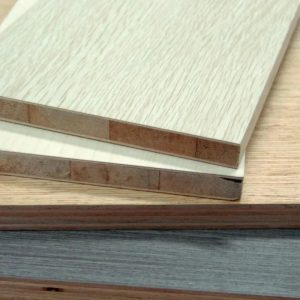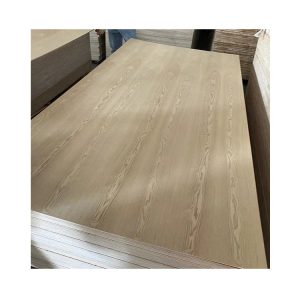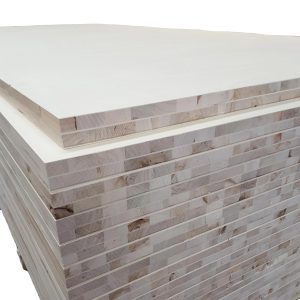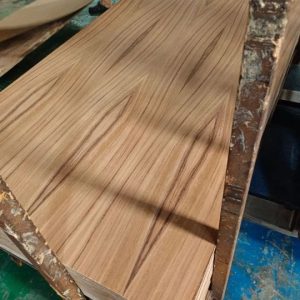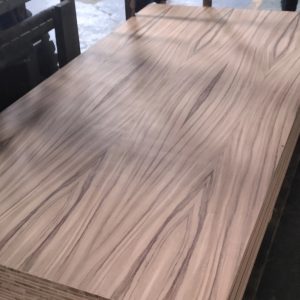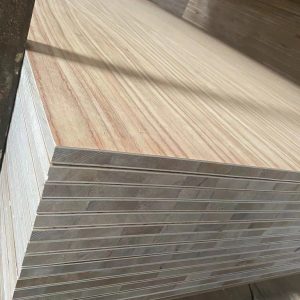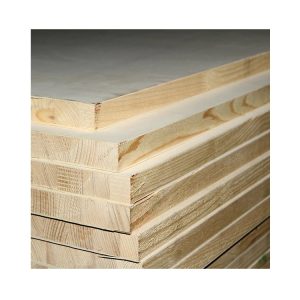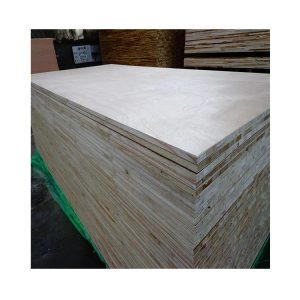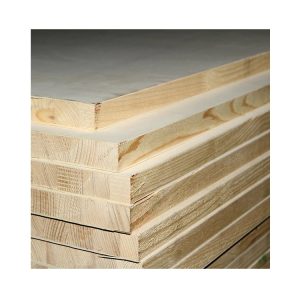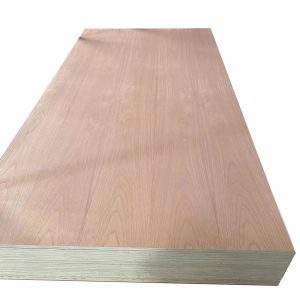Eco Board, a popular eco-friendly material used in various construction and DIY projects, has gained significant attention due to its sustainability and durability. One common question that arises when considering the use of this material is whether it is waterproof or not. The answer is not straightforward, as several factors come into play.
The term ‘Eco Board’ encompasses materials made from recycled or reclaimed wood fibers, compressed under high pressure and heat. These boards are generally more resistant to water compared to traditional wood due to their denser structure. However, the degree of waterproofing can vary based on the specific type of Eco Board and the manufacturing process.
When examining ECO Boards closely, one might find that some types are explicitly marketed as ‘Waterproof ECO Boards.’ These boards have an additional coating or treatment that enhances their water resistance, making them suitable for applications such as outdoor furniture, decking, or bathroom cladding. The price for these specialized boards may be higher due to the added treatment process.
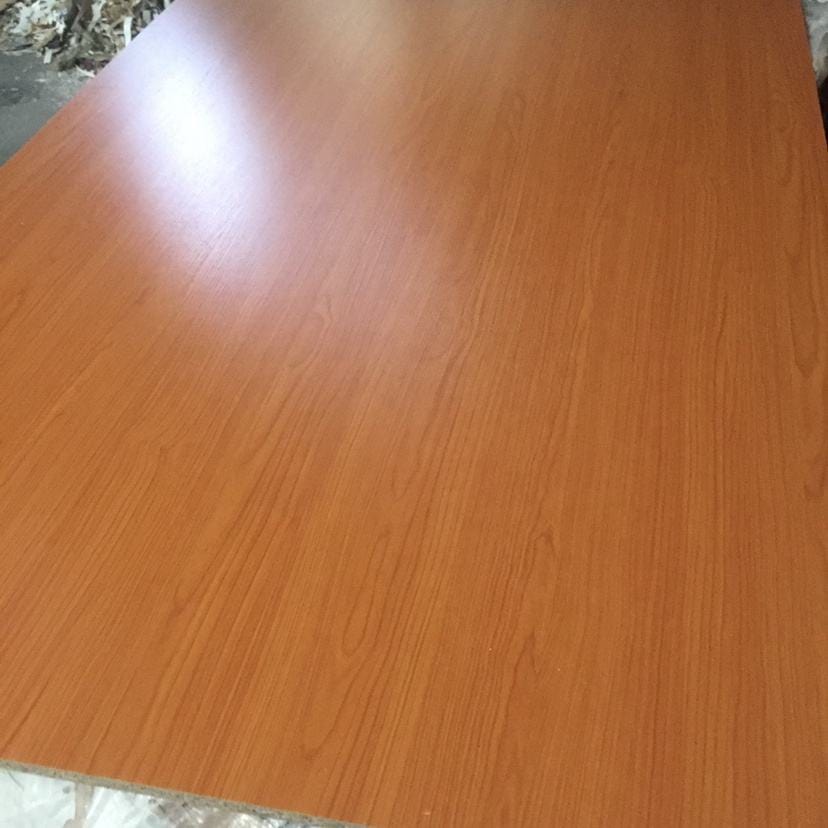
It is essential to note that even with a ‘Waterproof’ label, no material is entirely impervious to water over time. Prolonged exposure or extreme conditions can still lead to water absorption, swelling, or other damages. Therefore, understanding the context and environment where the ECO Board will be used is crucial.
For general ECO Boards without the specific waterproof label, they may have a natural resistance to moisture but are not designed for prolonged or heavy-duty water exposure. Using these boards in areas like kitchen countertops or indoor furniture is usually safe, but they might not hold up in a constant wet environment like a bathtub surround or an outdoor garden without proper treatment or sealant.
In terms of pricing, the cost of an ECO Board varies depending on several factors such as the brand, size, thickness, and additional features like waterproofing. Generally, ECO Boards are competitively priced when compared to traditional wooden boards or other synthetic materials, offering both affordability and environmental consciousness.
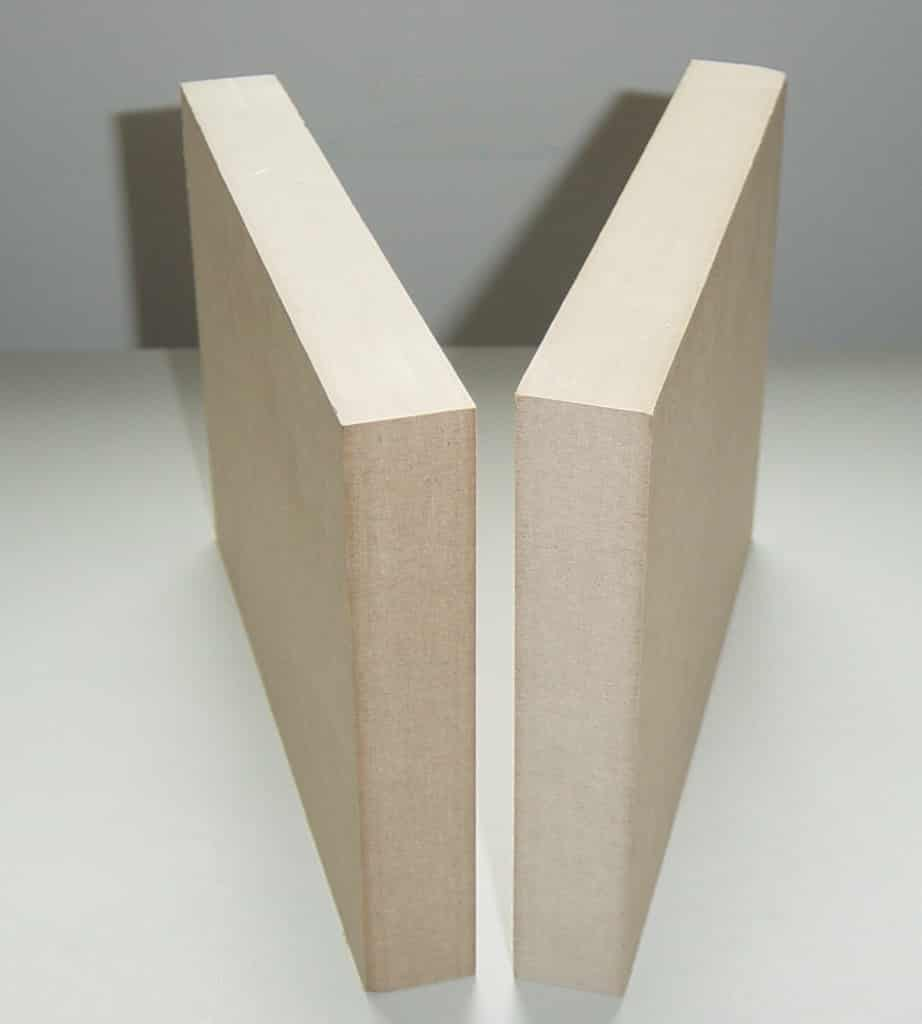
To ensure optimal performance and longevity, it is recommended to apply a sealant or varnish on ECO Boards, especially if they are used in damp or humid environments. This extra layer provides an additional barrier against water penetration and enhances the overall durability of the board.
In conclusion, while ECO Boards exhibit varying degrees of water resistance depending on their type and processing, it is essential to choose the right board for your specific needs. Investing in a specifically treated ‘Waterproof ECO Board’ or applying a protective coating can further enhance its water-resistant properties, ensuring that your project remains sturdy and beautiful for years to come.

